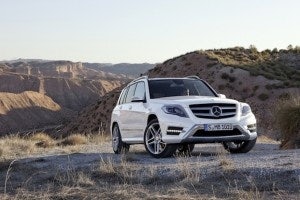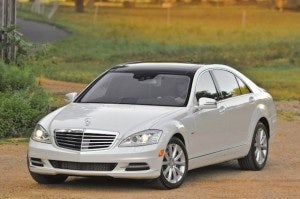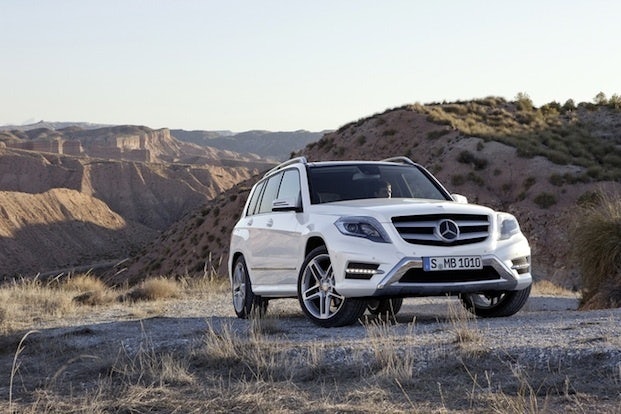Luxury Car Maker Continues Plan Of Action To Rejuvenate Image#

Picking itself up from a turbulent year, Mercedes-Benz (seeing a single-digit rise in deliveries in 2012) is “taking action” to stay on top in the China luxury auto market. Mainly attributing its lower growth to an inconsistent strategic blueprint, Mercedes-Benz continues to execute a two-step plan of action to rejuvenate its brand image.
First, Mercedes plans to continue to merge the company's two separate sales units, Mercedes-Benz China (imported vehicles) and Benz Beijing (domestically produced vehicles). Reportedly, Benz China will be in charge of sales, marketing, finance and customer service while Benz Beijing will be responsible for expanding dealership networks, second-hand car sales, human resources and dealing with labor unions.
As eMercedesBenz wrote last month of Chief Executive Dieter Zetsche’s plans to turn around his company’s China operations:
Sales chief Schmidt said the goal of the restructuring is to grow “significantly” in China again. Mercedes’s efforts to expand its appeal with new models and re-spark growth in China are expected to bear fruit and offset plans by BMW to add a factory in Brazil and by Audi to expand in Mexico.

Similarly, Mercedes-Benz will continue to reposition itself as a “youthful” brand, consolidating its image in China as the top luxury car manufacturer for the young, sporty, and glamorous. Tactics such as launching its new SL-Class Roadster with the opening of the Mercedes-Benz China Fashion Week in Beijing, holding events in collaboration with the National Centre for Performing Arts in Beijing (The Egg), sponsoring the Mercedes-Benz Arena in Shanghai, and allying itself to various high-profile sporting events and celebrities from sports, film, and pop culture have all helped the brand image in the Chinese market.
For example, in 2011, a made-for-China advertisement -- featuring Kobe Bryant in a tiny Smart car -- was so successful that it not only reversed the flagging sales of the Smart cars in China, but went on to see the Kobe Bryant edition Smart launched globally. Then, as Kobe Bryant handed over the keys of China's 10,000th Smart car to its new owner in Shanghai, Roger Federer was participating in an M-Class SUV promotional event.
Given that the brand has never strayed far from the limelight, and sales remain comparatively strong, it's not a stretch to remain bullish about Mercedes-Benz’s draw among Chinese consumers, particularly considering the automaker's dealership network and star-studded connections. However, to remain competitive with advancing competitors such as Audi, BMW, and Jaguar Land Rover (which just finalized a deal to produce vehicles in China), Mercedes-Benz’s twofold action plan must hit the ground running to see the resurgence it needs in 2013.
